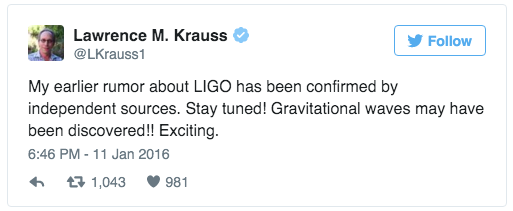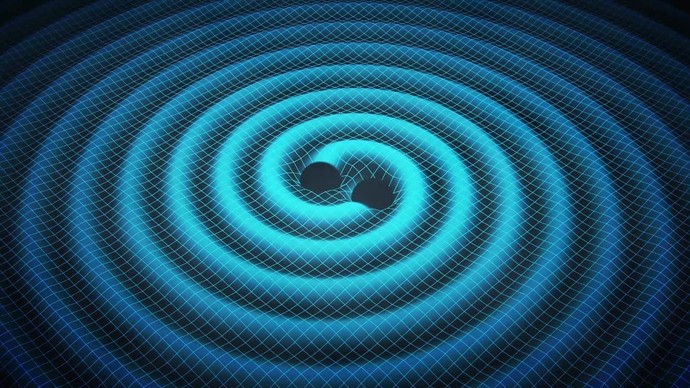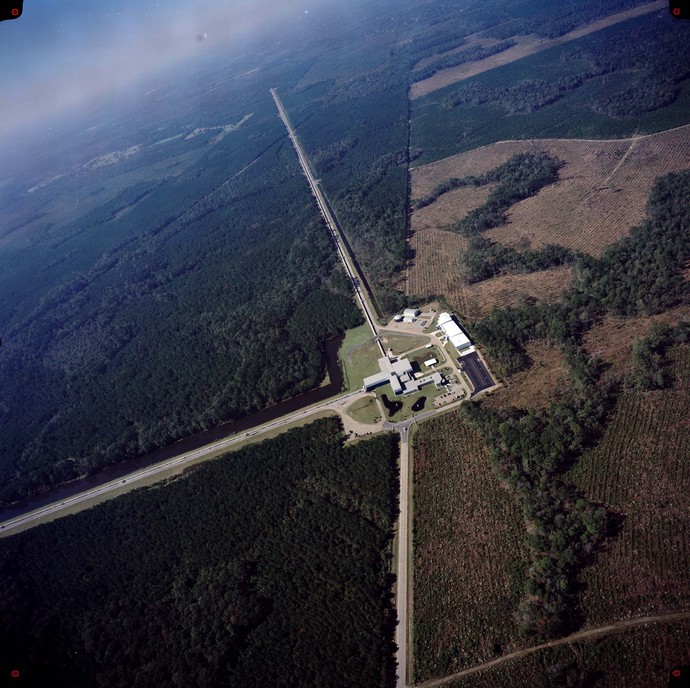| News  RSS RSS 12 Jan 2016 13:00:16 Source Scientists probably managed to fix the bent space-time, gravitational wavestheoretical Physicist Lawrence Kraus of the California Institute of technology once again stirred the scientific community, stating in his Twitter about a possible detection of gravitational waves. Their existence one hundred years ago it was predicted by the General theory of relativity of albert Einstein. But according to Popular Science, scientists are still unable to fix the waves in practice. Read more... theoretical Physicist Lawrence Kraus of the California Institute of technology once again stirred the scientific community, stating in his Twitter about a possible detection of gravitational waves. Their existence one hundred years ago it was predicted by the General theory of relativity of albert Einstein. But according to Popular Science, scientists are still unable to fix the waves in practice. Lawrence Kraus first reported about the rumors concerning the detection of gravitational waves, in September 2015. Then he promised to come back to this message, if the rumors are confirmed. Now Kraus has received confirmation from independent sources, but still does not speak about one hundred percent detection of gravitational waves. In theory, they arise because of the rotation of massive objects. Gravity warps space-time, and those gravitational waves propagate like waves. Fluctuations from small objects so small that they are almost impossible to fix. While massive objects like black holes warp space-time enough to commit high-precision instruments. One of these is the laser interferometer gravitational-wave Observatory (LIGO) in the USA. It represents two stations that lie several thousand miles from each other. Each station has two placed perpendicular to the length of 4 miles in a vacuum trigger laser beams. The shear beam is able to grab the elusive gravitational wave. This Observatory Kraus, and attributed the first case of direct registration of gravitational waves. Through the study of gravitational waves, scientists will be able to explore in more detail the processes taking place in the first moments of the Universe. See also: the
Other news in this section
| Categories
|
© 2025 b4by.org


